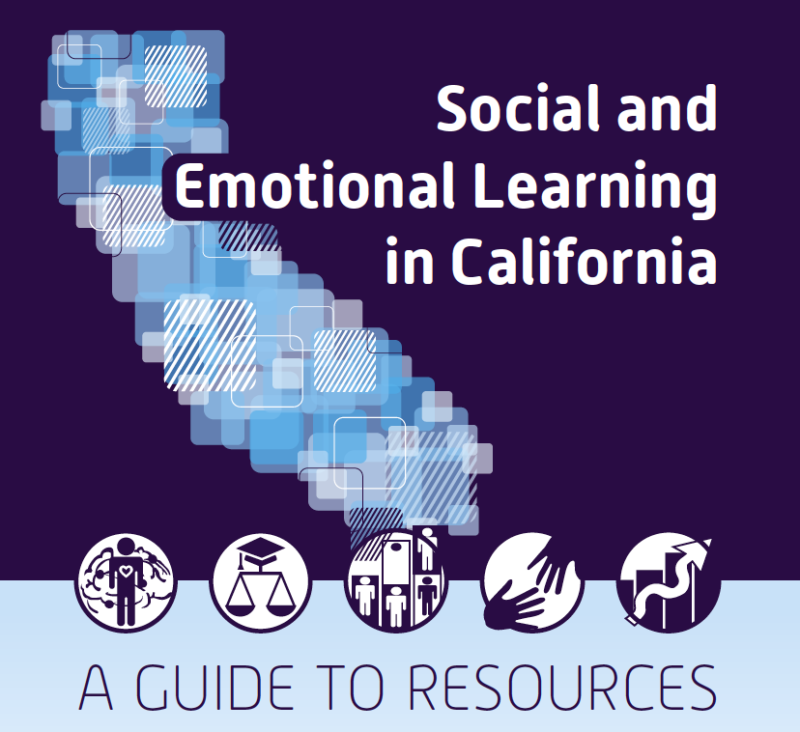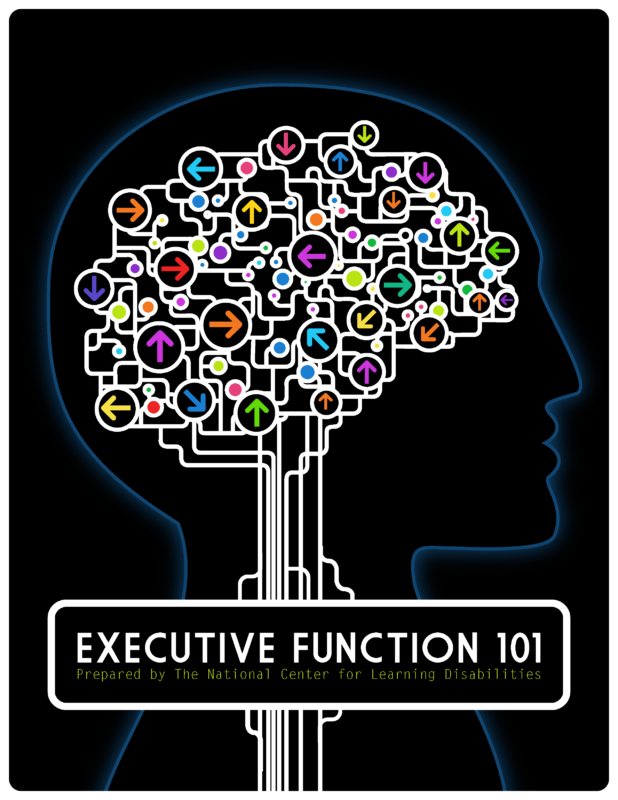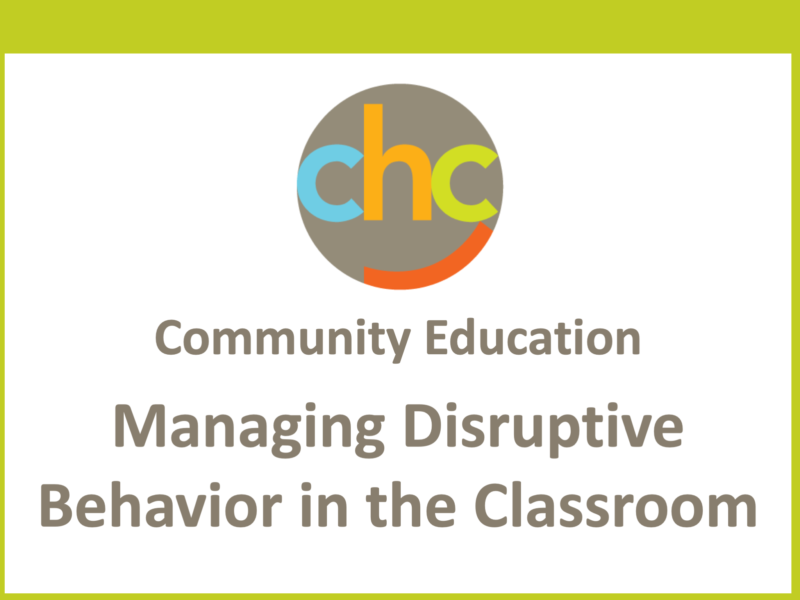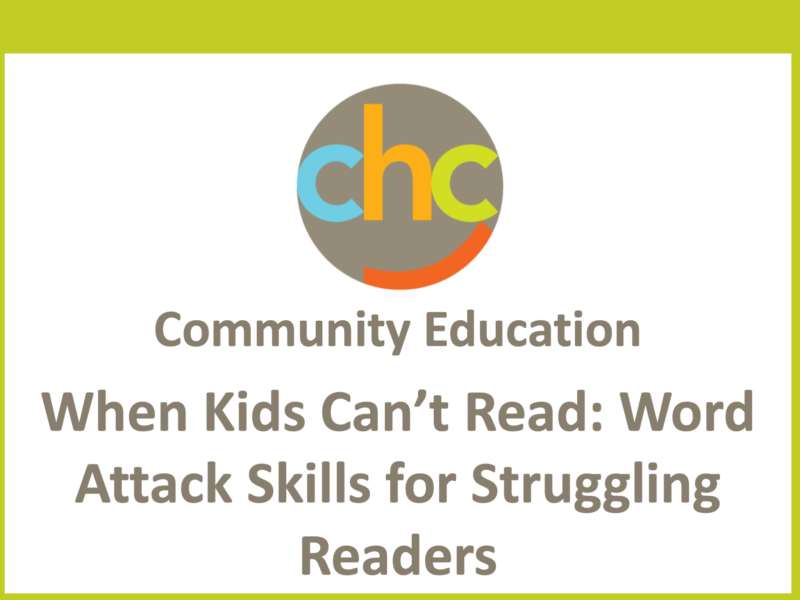
Getting on an IEP [presentation]
An IEP, or Individualized Education Plan must be in place for a student to receive special education services. Chris Harris, the Director of CHC’s Esther B. Clark School, explains what an IEP is, the eligibility requirements for an IEP, and Read more >>











